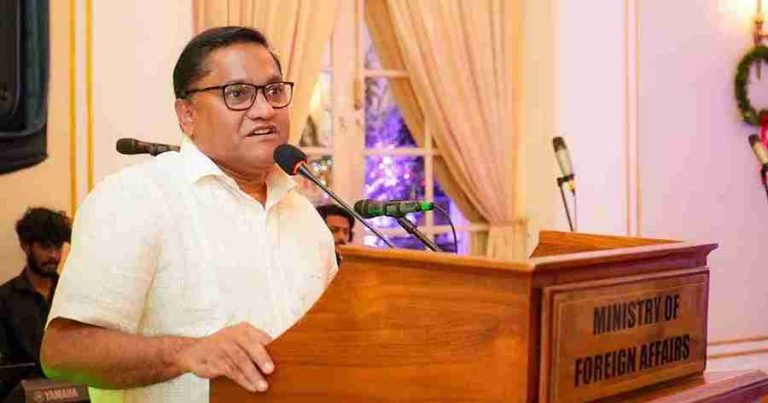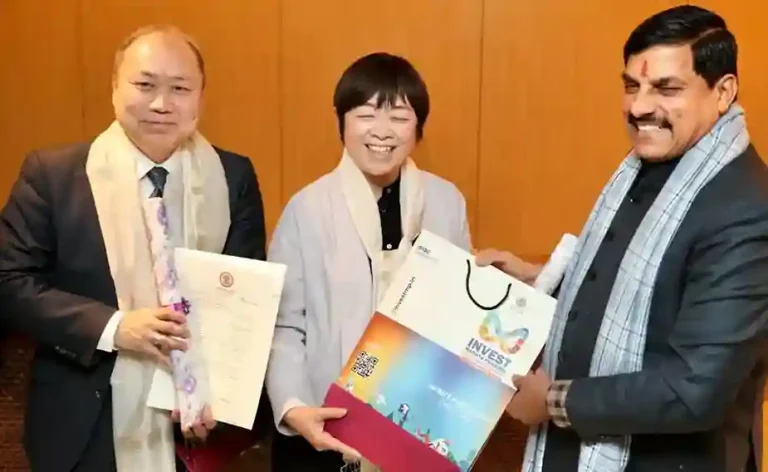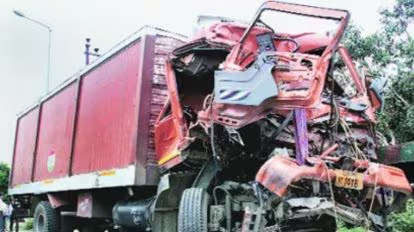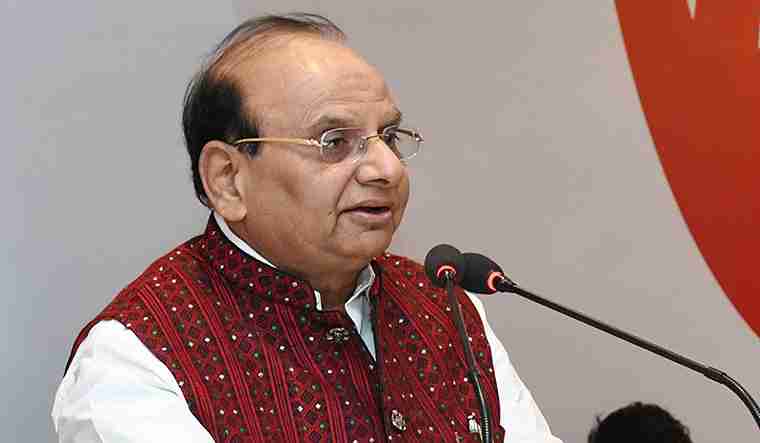Ukraine: At least 59 Sri Lankans killed in Ukraine war while fighting for Russia have been confirmed, raising serious concerns about the recruitment of foreign nationals into the conflict. Reports suggest that many of these Sri Lankans were lured into service under false promises of lucrative salaries and Russian citizenship, only to find themselves on the frontlines of one of the most brutal wars in recent history.
As the war between Russia and Ukraine continues, Moscow has increasingly relied on foreign fighters to bolster its ranks. The revelation that Sri Lankans killed in Ukraine war were among those enlisted highlights the growing use of foreign nationals in high-risk combat roles. Many recruits were allegedly misled by recruiters, believing they would be employed in non-combat roles such as construction or logistical support. Instead, they were deployed to active battle zones with little training and inadequate equipment.
Sri Lankan authorities have expressed deep concern over the deaths and have initiated an investigation into how these individuals were recruited. Families of the deceased claim that their loved ones were promised substantial financial rewards but were ultimately used as expendable manpower in a war they had little stake in. Human rights organizations have condemned the practice, calling for greater international scrutiny of Russia’s foreign recruitment strategies. The Sri Lankans killed in Ukraine war issue has also sparked debates over the vulnerability of economically struggling populations to military exploitation.
Russia’s recruitment of foreign fighters is not new, but the increasing number of Sri Lankans joining the conflict underscores broader geopolitical dynamics. Many analysts believe that Russia is targeting economically disadvantaged regions where people are more likely to accept offers to fight due to financial desperation. Sri Lanka, which has faced severe economic crises in recent years, has become a source of such recruits. The news that Sri Lankans killed in Ukraine war were among the casualties highlights the human cost of these recruitment tactics.
The Sri Lankan government has vowed to take diplomatic action, seeking clarity on the conditions under which its citizens were sent to the battlefield. Meanwhile, international watchdogs are calling for stricter regulations on foreign military recruitment and urging Russia to provide accountability for the treatment of foreign fighters.
As the war continues, the global implications of mercenary recruitment remain a critical issue. The loss of Sri Lankans killed in Ukraine war serves as a stark reminder of how international conflicts often draw in individuals from far beyond the immediate war zone, many of whom pay the ultimate price.










